10 More Tips for Stunning Portrait Photography
We covered everything from altering your perspective as a photographer, to experimenting with lighting, to shooting candidly.
Today I want to continue on the same train of thought with 10 more tips for adding a little spice to your portraits.
11. Frame Your Subject
Framing is a technique where by you draw attention to one element of an image by framing it with another element of the image.

Framing gives an image depth and draws the eye to a point of interest in the image.
You could do it by placing your subject in a window or doorway, have them look through a small gap or even use their hands around their face. See more examples of framing in photography here.
12. Go with a Wide Angle
Shooting with a wide angle lens attached to your camera can help create some memorable shots when you’re doing portrait photography.
At very wide focal lengths you can create some wonderful distortion. It might not be the type of shot you take of your wife or girlfriend (unless she’s in a playful mood) but using these focal lengths will enlarge parts of the face or body that are on the edge of the frame more than what is in the centre.
It can also give a wide open and dramatic impact when your subject is in an impressive setting.

13. Play With Backgrounds
The person in your portrait is the main point of interest – however sometimes when you place them into different contexts with different backgrounds you can dramatically alter the mood in a shot.
Sometimes you want your background to be as minimalistic as possible.
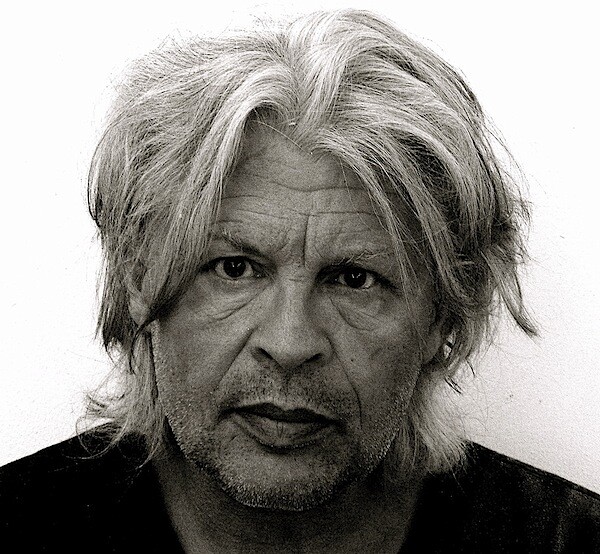
While other times a dramatic or colorful background can help your subject really stand out.
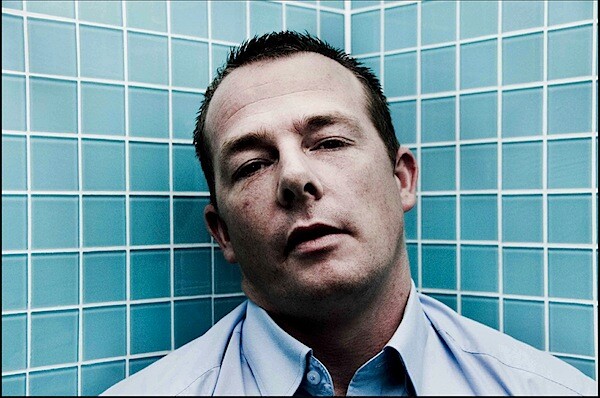
The key is to experiment.
14. Change the Format Framing
Many photographers get stuck in a rut of only ever shooting either in ‘landscape’ (when the camera is held horizontally) or ‘portrait’ (when the camera is held vertically) modes. Look back through your images and see which one you use predominantly.
Just because a vertical framing is called ‘portrait’ mode doesn’t mean you always need to use it when shooting portraits. Mix your framing up in each shoot that you do and you’ll add variety to the type of shots you take.
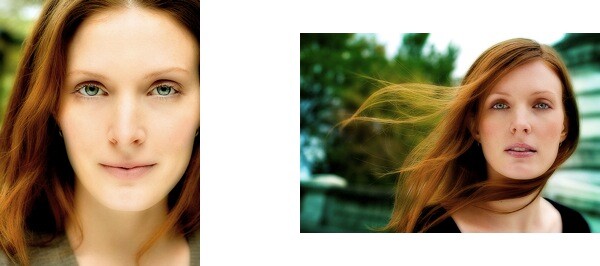
15. Hold Your Camera on an Angle
Horizontal and Vertical framings are not the only options when it comes to shooting portraits. While getting your images straight can be important in when shooting in these formats holding your camera on a more diagonal angle can also inject a little fun into your images.
This type of framing can add a sense of fun and energy into your shots. Just don’t ‘slightly’ do it or you’ll have people asking themselves if you might have mistakenly held your camera crooked.
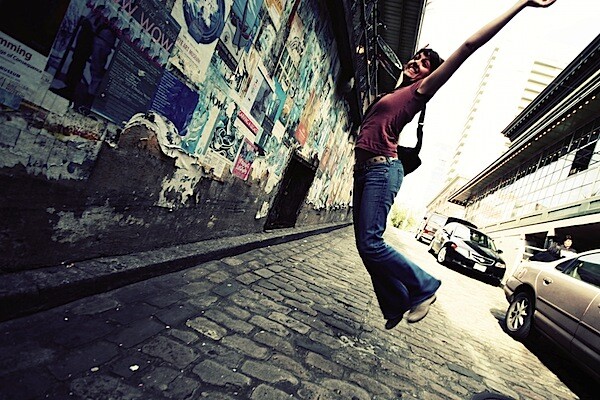
16. Take Unfocused Shots
As photographers we have ‘sharp focus’ drummed into us as an ultimate objective to achieve in our work – but sometimes lack of focus can create shots with real emotion, mood and interest.
There are two main strategies for taking unfocused images that work:
1. Focus upon one element of the image and leave your main subject blurred. To do this use a large aperture which will create a narrow depth of field and focus upon something in front of or behind your subject.

2. Leave the full image out of focus. To do this again choose a wide aperture but focus well in front or behind anything that is in your image (you’ll need to switch to manual focussing to achieve this).
These kinds of shots can be incredibly dreamy and mysterious.

17. Introduce Movement
Portraits can be so static – but what if you added some movement into them? This can be achieved in a few ways:

by making your subject move
by keeping your subject still but having an element in the scene around them move
by moving your camera (or it’s lens to achieve a zoom burst)
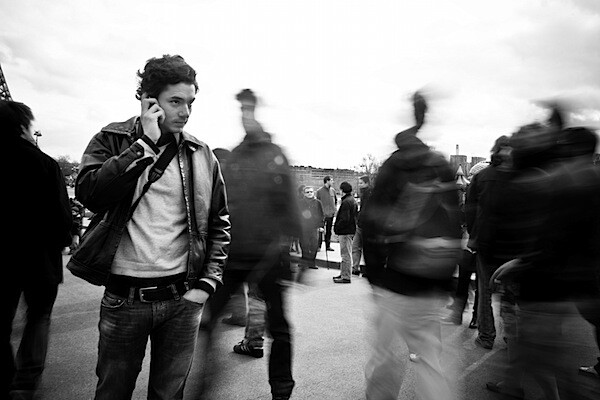
The key with the above three methods is to use a slow enough shutter speed to capture the movement.
The alternative is to have your subject obviously move fast but to use a shutter speed so fast that it ‘freezes’ their movement.
18. Experiment with Subject Expressions
In some portraits it is the expression on the face of your subject that makes the image.
Get your subject to experiment with different moods and emotions in your image. Play with extreme emotions

But also try more sombre or serious type shots
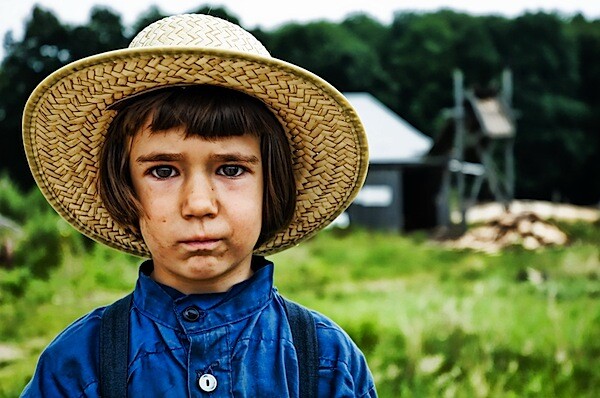
19. Fill the Frame
One way to ensure that your subject captures the attention of the viewer of your portrait is to fill the frame with their face.
It’s not something that you’d do in every shot that you take – but if your subject is the only feature in the shot – there’s really nowhere else to look.

20. Find an Interesting Subject
I have a friend who regularly goes out on the streets around Melbourne looking for interesting people to photograph.
When he finds someone that he finds interesting he approaches them, asks if they’d pose for him, he quickly finds a suitable background and then shoots off a handful of shots quickly (if they give him permission of course).
The result is that he has the most wonderful collection of photographs of people of all ages, ethnicities and backgrounds.
While many of us spend most of our time photographing our loved ones – perhaps it’d be an interesting exercise to shoot interesting strangers once in a while?




.gif)





